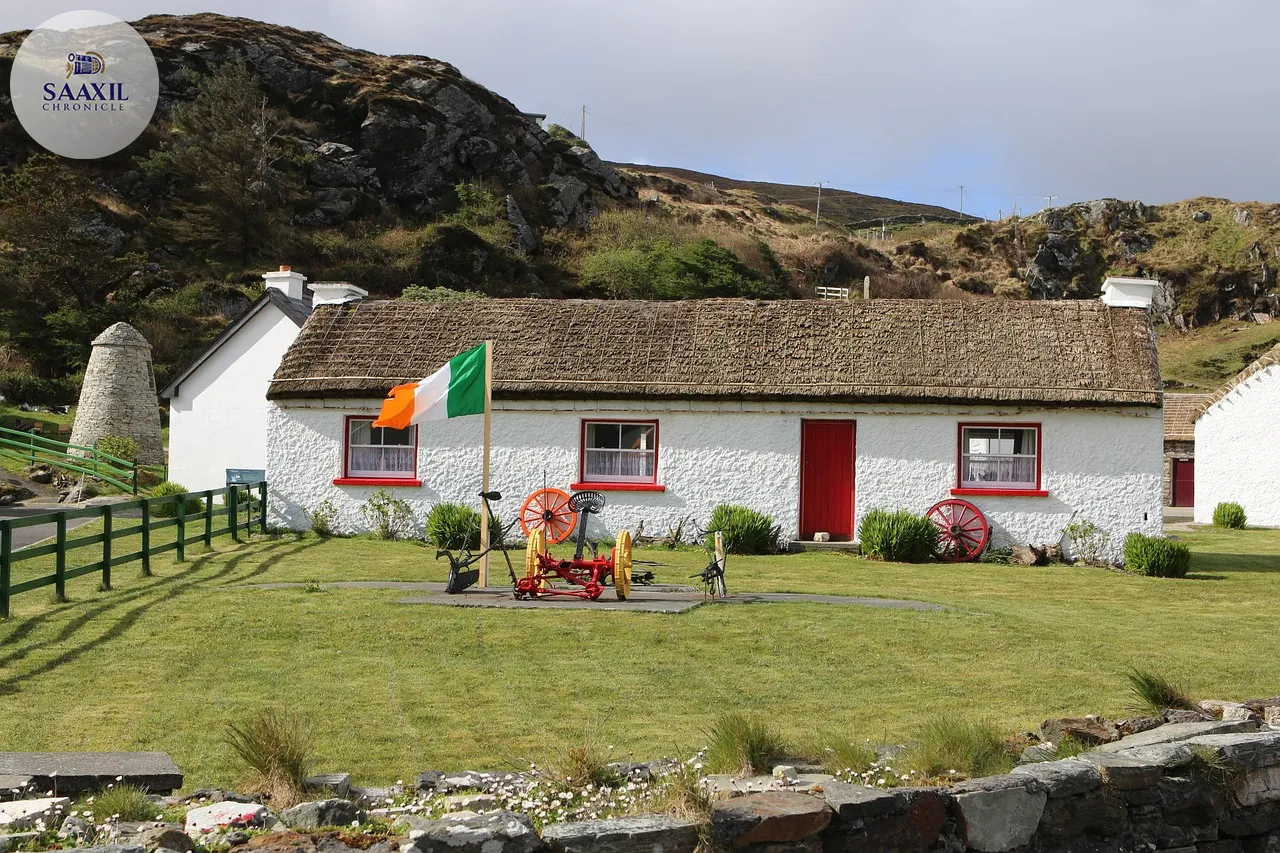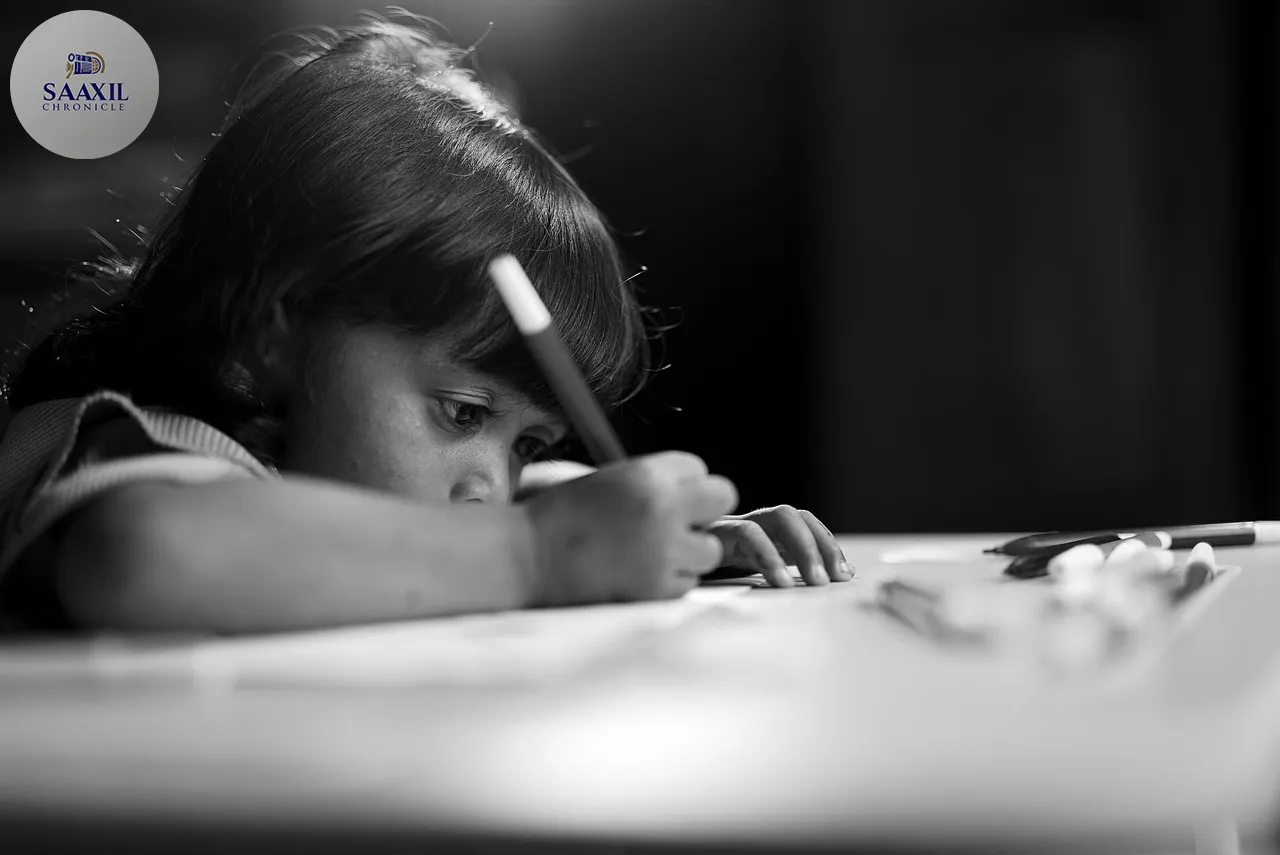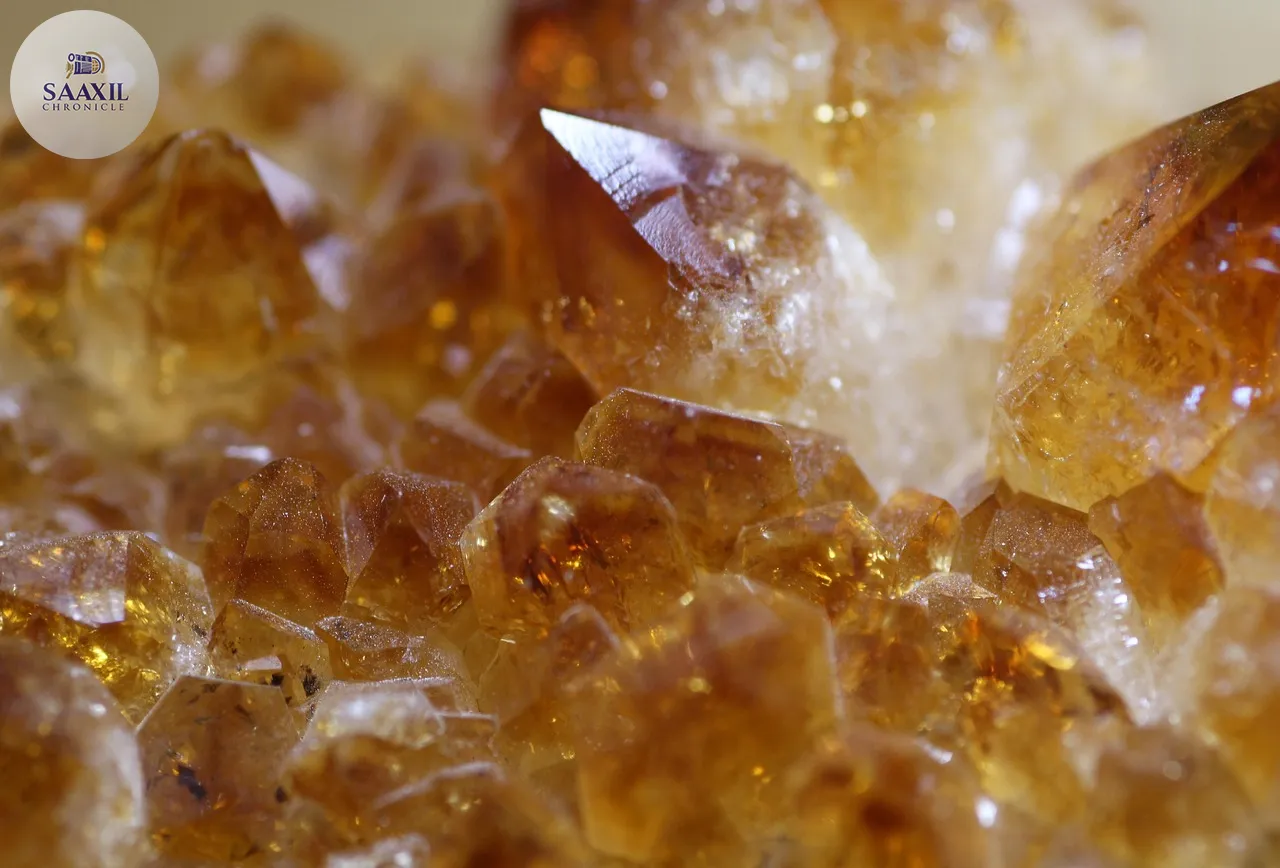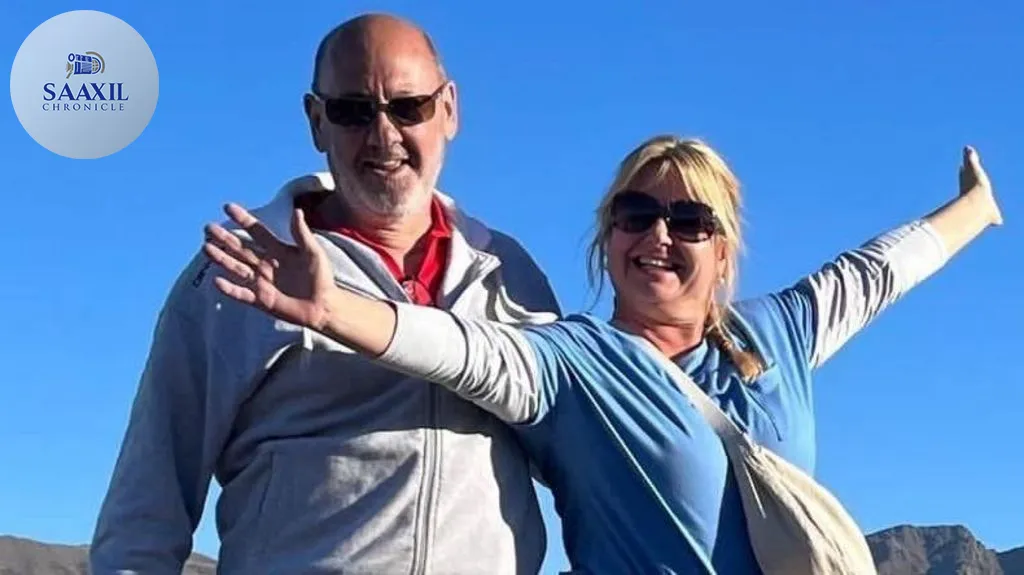In a move that has stirred significant controversy, former US President Donald Trump extended a high-profile endorsement to Conor McGregor, the mixed martial arts fighter, during St Patrick’s Day celebrations at the White House. This event, which featured McGregor as an unexpected guest of honour, has raised eyebrows in Ireland, with many questioning the implications of Trump’s support for McGregor on the country’s political landscape. The endorsement has been interpreted by some as an attempt to influence Irish politics, particularly in light of McGregor’s announced intention to run for the Irish presidency.
The St Patrick’s Day event took place on 17 March at the White House, traditionally a time for celebrating Irish heritage and strengthening US-Ireland relations. However, this year, the focus shifted to the controversial figure of Conor McGregor. Known for his brash persona and legal troubles, McGregor’s presence at the event, alongside Trump and other notable figures such as Elon Musk, has sparked debate over the appropriateness and potential consequences of such an endorsement.

Trump’s Unconventional Guest List Raises Eyebrows
The inclusion of Conor McGregor as a guest of honour at the White House event was unexpected and has drawn criticism from many quarters. Traditionally, the Irish Taoiseach is the central figure in St Patrick’s Day celebrations held in the US, symbolising the strong diplomatic ties between the two nations. Instead, McGregor, who has faced legal challenges in both Ireland and the US, was given a platform to meet with high-ranking officials, including the US defence secretary and national security adviser.
Trump’s press secretary, Karoline Leavitt, described McGregor as a fitting guest, a statement that has been viewed as provocative by many in Ireland. The decision to spotlight McGregor, a figure who polarises public opinion, is seen by some as a deliberate attempt to shift political discourse and appeal to certain voter segments in Ireland.
McGregor’s Presidential Ambitions
Just days after his White House appearance, Conor McGregor announced his intention to run for the Irish presidency, a move that has added fuel to the already heated discussions surrounding his political aspirations. McGregor, often known for his flamboyant lifestyle and controversial statements, is viewed by some as an outsider in Irish politics, yet his candidacy has garnered significant media attention.
While McGregor’s chances of becoming president remain a topic of debate, his entry into the political arena has been met with scepticism by many in Ireland, who view his candidacy as a publicity stunt rather than a serious political endeavour. However, his appeal to younger voters and his celebrity status may influence the dynamics of the upcoming election, which is set to take place later this year.
The Impact on Ireland’s Political Landscape
The endorsement of McGregor by figures like Trump and Musk has raised concerns about the potential influence of American political strategies on Irish politics. Some analysts suggest that Trump’s support for McGregor could energise far-right elements within Ireland, echoing similar trends seen in other parts of Europe and the US.
Middle Ireland, a term often used to describe the moderate and centrist political base, has expressed unease at the prospect of McGregor’s candidacy and the external influences seemingly at play. The potential shift towards more polarised politics, driven by celebrity endorsements and populist rhetoric, represents a significant departure from traditional Irish political discourse.
Broader Implications and Future Prospects
The unfolding events surrounding McGregor’s political ambitions and Trump’s endorsement highlight the growing intersection of celebrity culture and politics. As Ireland prepares for its presidential election, the role of media personalities and external influences will likely continue to be scrutinised.
Looking ahead, the impact of these developments on Ireland’s political landscape remains uncertain. While McGregor’s candidacy may not result in electoral success, the attention it has garnered could have lasting effects on how political campaigns are conducted in Ireland. The potential for increased polarisation and the role of social media in shaping public opinion will undoubtedly be key areas of focus in the coming months.
As Ireland navigates these complex dynamics, the influence of external figures like Trump and the implications of celebrity endorsements will continue to be closely examined. The upcoming presidential election will serve as a litmus test for the resilience of Ireland’s political institutions and the ability of its electorate to shape their own future amidst external pressures.





